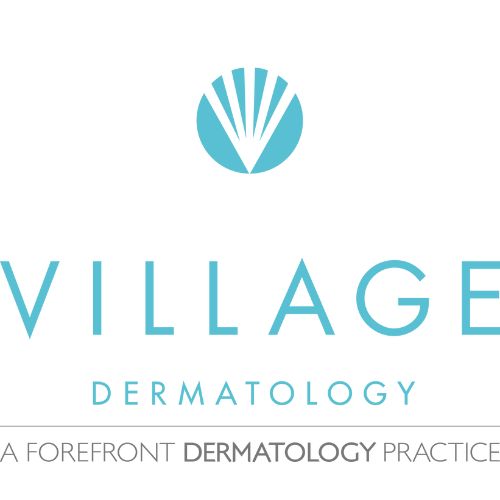6 Myths About Skin Cancer
- Tanning beds are generally safer than UV rays from the sun
FALSE. Tanning beds have the same harmful UV rays as the sun and in much greater amounts. Using tanning beds increases your risk of skin cancer, including the deadliest form, melanoma.
- Individuals who tan easily and rarely burn do not get skin cancer
FALSE. There is no such thing as a “healthy” tan. Any change to your natural skin color is a sign of skin damage, and tanning greatly increases your risk of developing skin cancer. When skin is exposed to UV radiation, it increases the production of melanin in an attempt to protect the skin from further damage. Over time this leads to skin cancer and premature aging.
- Dark-skinned people are not at risk for sun damage and skin cancer.
FALSE. Naturally, dark-skinned individuals have a lower risk of skin cancer than fair-skinned people. It is still recommended that they take precautions and protect their skin and eyes from overexposure to the sun as they can still develop skin cancers and UV damage.
- Only older people get skin cancer
FALSE. Prevention counts at all ages! Melanoma is the most common form of cancer in young adults ages 25-29, and the second most common form of cancer in individuals 15-29 years old. One of the biggest factors when it comes to skin cancer is your exposure to UV over the course of your lifetime, including your childhood years into young adulthood. For this reason, monthly skin checks are so important to look for changes in size, shape, or color of spots on your skin or sores that do not heal. Pay extra careful attention to moles, especially flat, dark ones.
- You need sun exposure to get vitamin D
FALSE. Individuals get enough of this essential nutrient from your diet and typical daily exposure. It does not require baking in the sun and increase your risk of skin cancer from excessive exposure.
- Only sun exposure causes skin cancer
FALSE. Sun exposure is the primary cause, but other causes may include UV exposure from tanning beds/occupational equipment, family history of skin cancer and other genetic factors, increasing age, and a weakened immune system.
If you have any questions or concerns about any odd or noticeable spot on your skin, please don’t hesitate to give us a call!
Village Dermatology
We have more information about skin cancer below:
Fill out the form below to schedule a skin exam appointment with one of our medical providers.
"*" indicates required fields

